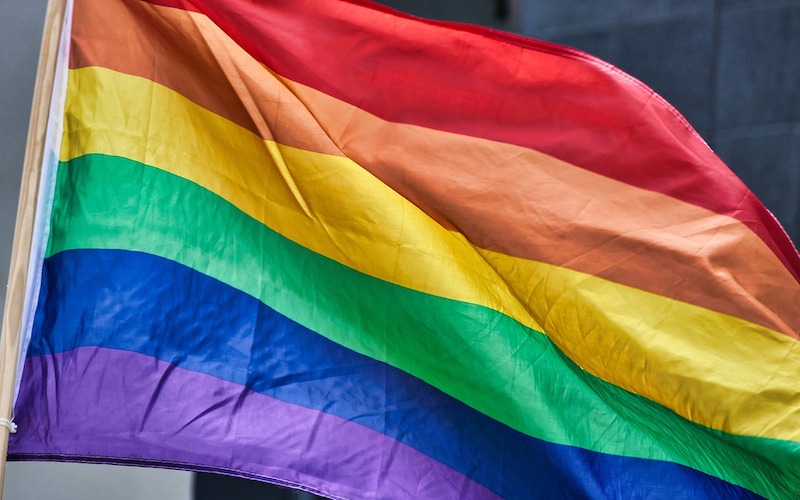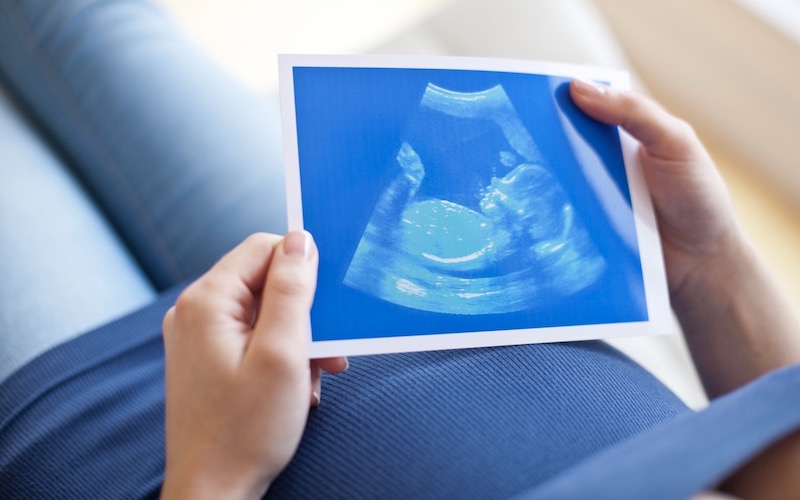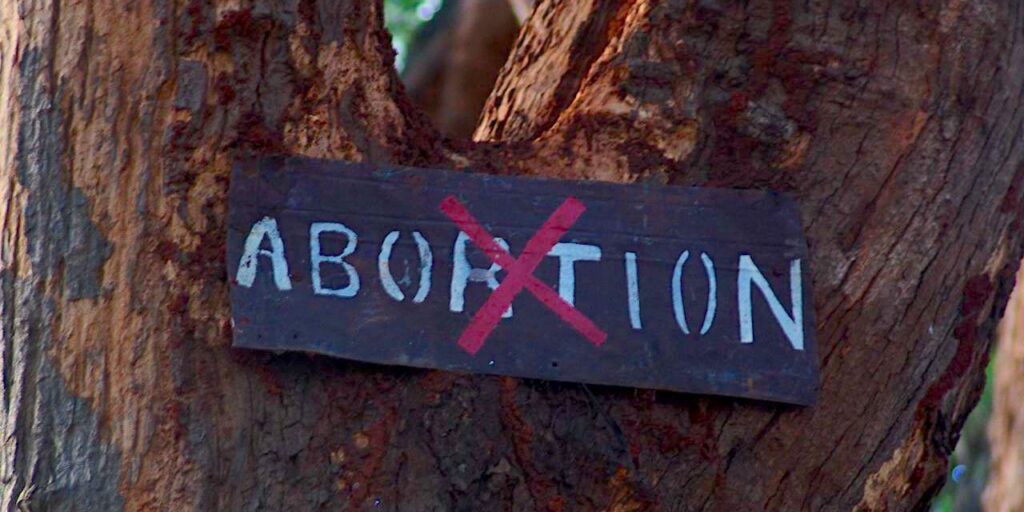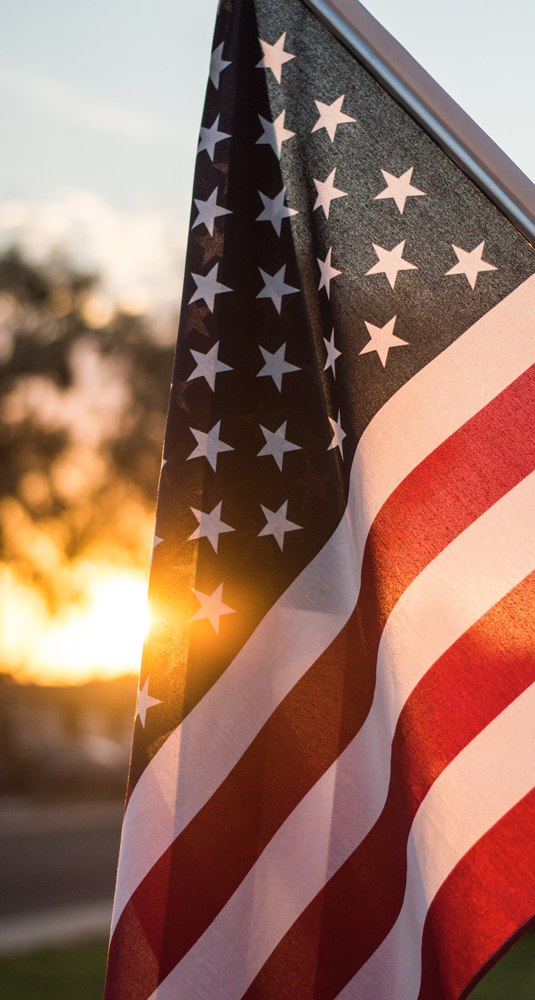Clarence Thomas Delivers Decisive Ruling in Religious-Free-Speech Case
March 8, 2021
The National Review
by Dan McGlaughlin
Georgia Gwinnett’s two tiny speech zones occupy less than 0.0015 percent of the campus, and are open only 18 hours a week. If you want to speak in public or leaflet about politics or religion anywhere on campus on a Friday, for example, it had better be in those tiny zones between 11 a.m. and 1 p.m. or you’re out of luck — and even then you’ll have to get authorization three business days in advance.
Student Chike Uzuegbunam, an Evangelical Christian, was told that if he wanted to evangelize his faith to his fellow students, he would have to apply three days in advance for a permit, and then confine his activities to one of the two free-speech zones. After receiving the permit, he was told by campus cops that he could not share his faith even in one of the speech zones, because doing so violated a campus ban on “disturb[ing] the peace and/or comfort of person(s).” (Of course, these days, almost any opinion, especially on matters of faith, will make someone on campus uncomfortable.) So he sued, represented by the Alliance Defending Freedom and supported by Jeff Sessions and the Trump Justice Department. In response, the college changed the policy and tried to get the lawsuit dismissed as moot. Eventually, the issue reached the Supreme Court. And today, Justice Clarence Thomas delivered a clear victory for the plaintiffs.
